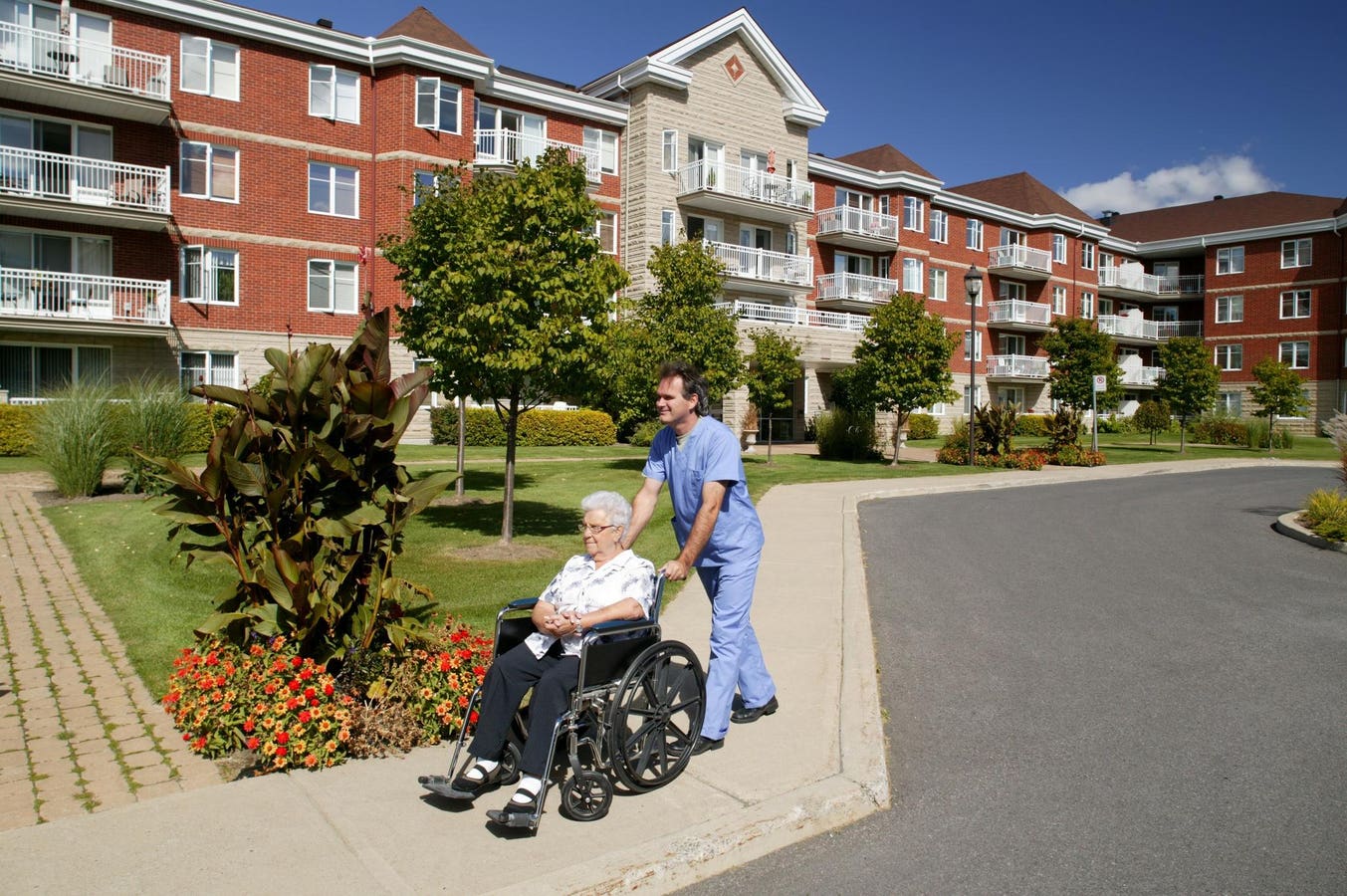It Happens With Aging Parents At A Distance
Like many adult children with aging parents, the brother and sister in this true scenario were increasingly worried about their 90-year-old Mom who lived alone. Mom had cognitive impairment, probably dementia, but it had never been formally diagnosed. The siblings are in their 60s with full time careers. Fortunately, they have a good working relationship with each other and they share responsibility. They both invested time in figuring out a solution. Mom lived across the country and had no other family to look after her anywhere nearby. Sis had a vacant apartment in her city which she used as an alternative works space at times. That might do as an interim step for changing Mom to a new residence.
The Decision
After long discussions, Bro and Sis approached Mom with the idea of moving closer to Sis, and into a seniors’ community in Sis’s city. Mom went along with the idea initially, and agreed to move. She had visited the home once and toured the pleasant looking place, a high end community with many amenities. Sis had spent considerable time and effort to find a suitable situation, touring several and choosing one that all had thought would be fine. Mom did not offer any particular resistance, agreeing that it sounded good. It was time to move ahead.
The Moment of Reckoning
They packed up Mom, and Bro and two other family members came from other cities, got her on the plane and went with her to Sis’s city. Mom rested a night at Sis’s and then the siblings drove her to the new home. To their shock, Mom balked! She refused to get out of the car. She made a public scene in front of the home, loudly accusing her kids of “kidnapping” her in front of the staff at the home. She screamed obscenities at her kids. In disgust, they drove Mom back to Sis’s vacant apartment. Bro and Sis were so angry, they could hardly speak to Mom.
What Could They Do Now?
Bro and Sis contacted AgingParents.com for advice. We first discussed what was behind Mom’s resistance and angry scene. They needed to try to understand the difficult behavior. Most people, cognitively impaired or not, do fear losing their independence. For this elder, independence was simply a recipe for disaster, as she could not safely care for herself any longer. But she didn’t realize it. She was too impaired in her thinking to see that she was no longer capable of being on her own.
Options
Bro and Sis were appointed as Mom’s agents with Power of Attorney. They could control all her finances but did not want to force her into a guardianship (called conservatorship in CA). We advised that guardianship was an absolute last resort. The less painful path to getting her to move into a home was to let her know that staying by herself in the vacant apartment was not going to work, as the siblings were not going to help her there. We suggested that they warn her that if she refused any help, that authorities could be called and she could be put somewhere over which she would have no choice. They considered hiring a home care worker temporarily to bridge the gap between the apartment and a move to a better, safer situation.
The “threat” of withdrawing their help did seem to work. Mom was more afraid of being in a new city with no one to help her than she was of moving to a seniors’ home. We also advised the siblings to search out a smaller, more “homey” place in the city. The magnitude of the assisted living home was perhaps overwhelming and more than Mom could handle in her stage of dementia. Another option, called Board and Care, usually offers seniors some non-medical help with activities of daily living a private room in a house that is smaller, and they can be closely supervised. These may lack high end amenities but the care tends to be consistent with little staff turnover. We advised Bro and Sis to look for one.
Medical Help
As Mom had just moved, she did not have a new doctor. The attraction of the large assisted living home was that an MD had an office there and saw residents by appointment at certain days and time during the week. That option was now off the table, at least for the foreseeable future. We suggested that the siblings get Mom to a new MD right away. They could ask for Mom to get anti-anxiety medication, which would likely help with any transition. Where it is legal, plant-based medicine, CBD, the non-psychoactive part of the cannabis plant can also be very calming for many older people in transition. The siblings wanted to give that a try with Mom, in the form of a tincture that Mom could get in her orange juice.
Redefining Success
Ideally, Mom would have gone to the place her adult children had initially chosen for her. But she didn’t. That was not a failure on the kids’ part. Rather, it was an indicator that their first choice was not going to work. They were able to see that just getting their isolated Mom out of her distant home, close to Sis, and with a few possible choices for a different living situation was a measure of success in itself. The turbulent transition time had possible real solutions. Likely, when Mom had a form of anti-anxiety medication, plant based or pharmaceutical, she would be calmer and more amenable to the final move.
The Takeaways
1. If your aging parent has signs of cognitive impairment, such as significant memory loss, do get them evaluated. Anxious behavior and outburst are common with various kinds of dementia. Medication can help with behavior management.
2. If your aging parent is no longer safe living at a distance, and alone, start the process of respectful discussions with them. Acknowledge their fears of losing independence.
3. Offer to help with a transition to a new home closer to family. Spell out what will be involved. Allow a lot of lead time for your aging parent to adjust to the idea.
4. If your elder agrees, but then resists at the moment of transition, get professional advice about your legal options for keeping them safe.
Read the full article here










